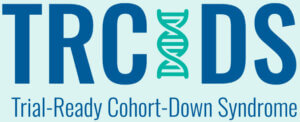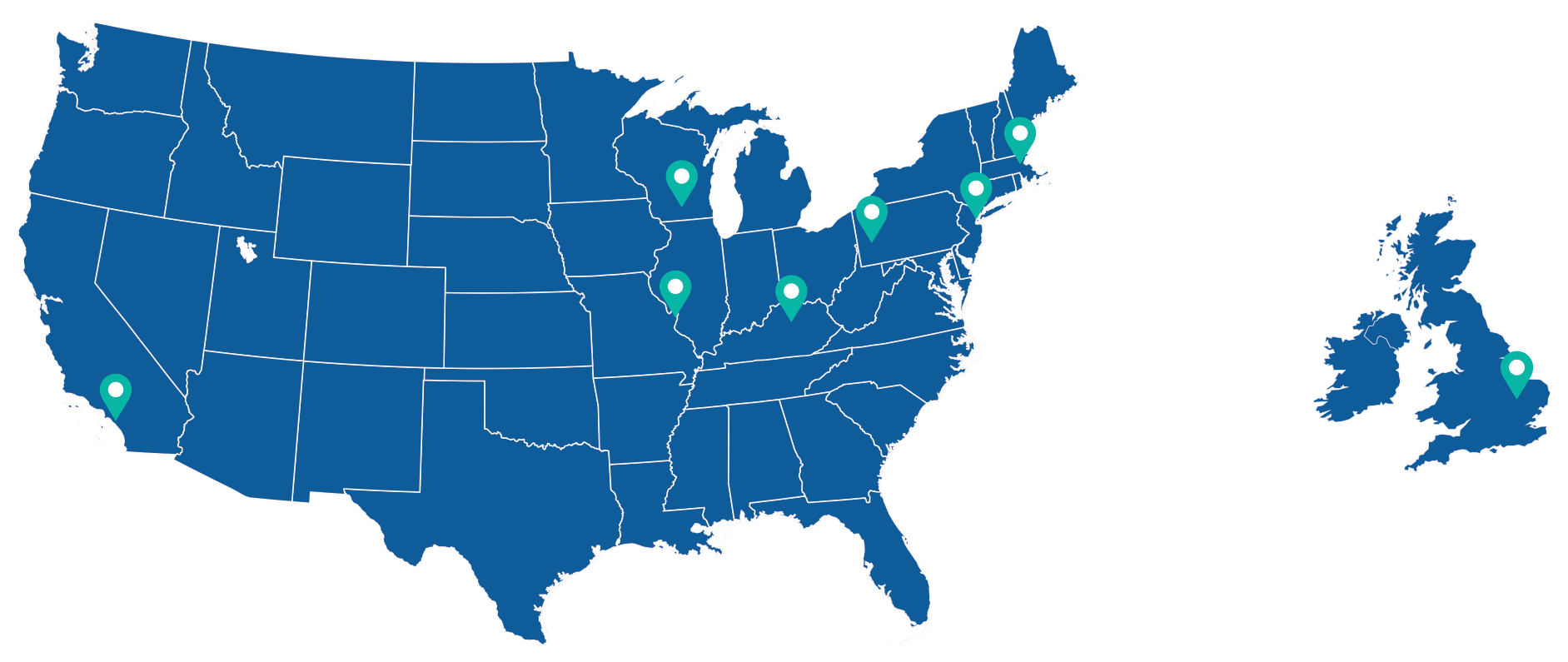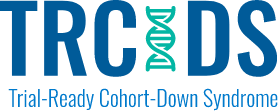ABC-DS and TRC-DS Research Studies
Co-Enrollment Q&A

What is ABC-DS?

What is TRC-DS?
Can someone be enrolled in both studies at the same time?
Yes, there are no additional procedures if you decide to co-enroll in TRC-DS. We call participants who enroll in both studies TRC Stars (pronounced “Track Stars”). You simply agree to share your data and be contacted in the future if you seem to be someone who would be eligible for a clinical trial. Through this information sharing, TRC Stars can make an even bigger difference in Alzheimer’s research.
How can I become a TRC Star?
Please contact your ABC-DS Study Coordinator to discuss and review the “Addendum Information and Consent Form for Data Sharing and Co-Enrollment with the TRC-DS Study.” Once reviewed and understanding is confirmed, a signature is required to indicate informed consent for co-enrollment in both studies. Participation is completely voluntary!
Are there benefits to being a TRC Star?
Yes! By becoming a TRC Star, participants can:
- Help support Alzheimer’s research.
- Learn about clinical trials specificallydesigned for people with Down syndromewhen they become available.
- Be fast-tracked to participate in futureclinical trials, if eligible.
- Contribute to two studies without extra testsor procedures.

Where can someone become a TRC Star?
There are currently eight research centers with both studies:

- Harvard Medical School, Massachusetts General Hospital
- New York State Institute for Basic Research/ Columbia University Irving Medical Center
- University of California, Irvine
- University of Cambridge, UK
- University of Kentucky: Sanders-Brown Center on Aging & Kentucky Neuroscience Institute
- University of Pittsburgh
- University of Wisconsin – Madison, Waisman Center
- Washington University in St. Louis Medical Center
Where can someone learn more?
Visit TRCDS.org or http://abcds.pitt.edu/ and contact the nearest research center to speak with a staff member who can answer all questions.
